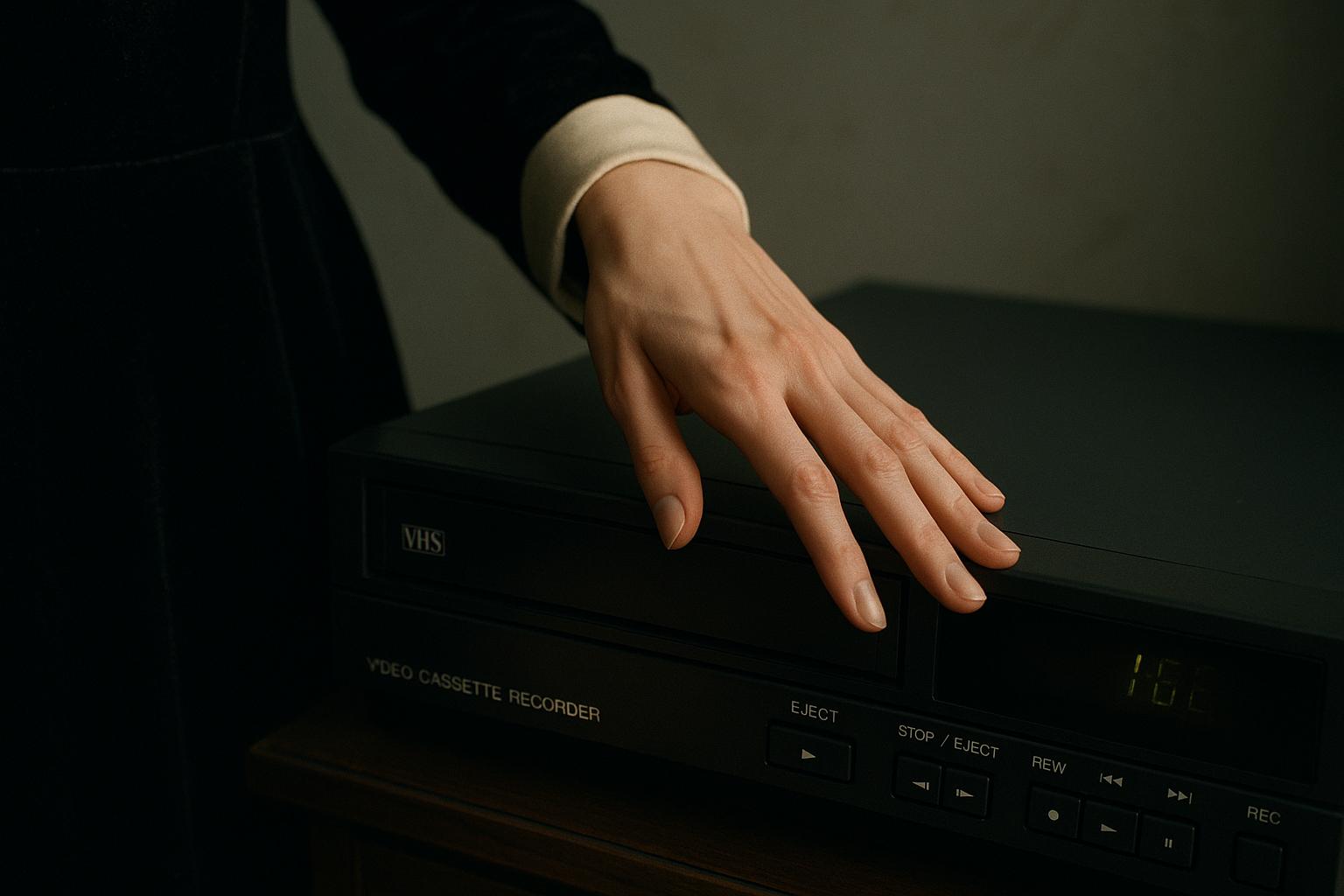Adapting Alan Hollinghurst's acclaimed 2004 Booker Prize-winning novel "The Line of Beauty" for the stage is a formidable task, given the book’s intricate portrayal of the Thatcher era’s social and political hypocrisies combined with the vibrant 1980s gay culture. Jack Holden’s stage adaptation, currently running at the Almeida Theatre, tackles this challenge with notable ambition, condensing the novel’s sprawling narrative into a more focused exploration of key themes and characters.
At the heart of the play is the Fedden family, emblematic of the ruling-class elite. Gerald Fedden, depicted with commanding presence by Charles Edwards, is a newly elected Tory MP whose household in Kensington Gardens becomes home to Nick Guest, a middle-class, somewhat reserved Oxford graduate played with nuanced sincerity by Jasper Talbot. Nick's role as both an insider and outsider enables the play to navigate the complex social milieu of privilege imbued with latent prejudice and performative acceptance.
Directed by Michael Grandage, the production benefits from his signature polish and brisk pacing. The cast delivers strong performances across the board, with Alistair Nwachukwu providing a wryly humorous counterpoint as Nick’s working-class boyfriend Leo, and Arty Froushan bringing an intriguing tension as Wani, a wealthy man caught between his public engagements and his secret relationship with Nick. Ellie Bamber’s portrayal of Cat Fedden adds further layers, embodying both affection and unacknowledged offence within the family’s attitudes toward sexuality.
The technical aspects enhance the experience: Christopher Oram’s versatile set fluidly transitions between lavish parties and intimate domestic spaces, while a soundtrack featuring iconic 1980s synth-pop captures the era’s charged club culture, wrapping the narrative in atmosphere and period detail.
However, the adaptation necessarily trims some of the novel’s emotional intensity and narrative breadth. The timeline is compressed to heighten dramatic momentum but at the expense of the more fully realised character development and relationships in Hollinghurst’s text. Notably, while the chemistry between Nick and Leo is palpable and Wani’s encounters with Nick crackle with tension, the play does not fully immerse the audience in these relationships’ complexities. The devastating impact of the AIDS crisis, so powerfully rendered in the novel, is conveyed more as an undercurrent than a visceral experience in the production.
Political commentary remains sharp, particularly in scenes involving Gerald’s alliances and scandals, which now bookend the story’s arc and underline the moral venality of the era’s Tory elite. His bigotry emerges starkly, especially in contrast with Nick’s more liberal self-identification, adding a critical edge to the unfolding social satire. The production cleverly invokes literary parallels with The Great Gatsby, with Nick cast as a Carraway figure observing the careless destruction wrought by the privileged Fedden “Tom and Daisy” archetypes.
While certain aspects, such as the rawness of sexual expression and full thematic scope, are necessarily restrained for the stage, the play succeeds as both a timely reflection on a pivotal historical moment and a cautionary tale against contemporary social intolerance. The Almeida Theatre’s presentation, running from 21 October to 29 November 2025, is enhanced by various accessible performances, including audio-described and relaxed environment shows, expanding audience engagement with this significant work.
Complementing the production, an ‘In Conversation’ event scheduled for 7 November offers further insight into the adaptation process and the novel’s ongoing relevance, featuring a discussion with Jack Holden and Alan Hollinghurst himself. This opportunity promises to deepen understanding for audiences drawn to the intersection of art, politics, and identity explored in this multifaceted narrative.
Overall, the Almeida’s staging of "The Line of Beauty" may not encompass every layer of Hollinghurst’s seminal book, but it delivers a compelling and elegantly crafted theatrical experience, marked by excellent performances and thoughtful direction. It stands as both a window into a complex era and a mirror reflecting the persistent challenges around class, sexuality, and power.
📌 Reference Map:
- Paragraph 1 – [1] (The Guardian)
- Paragraph 2 – [1] (The Guardian)
- Paragraph 3 – [1] (The Guardian)
- Paragraph 4 – [1] (The Guardian)
- Paragraph 5 – [1] (The Guardian)
- Paragraph 6 – [1] (The Guardian), [2] (Almeida Theatre)
- Paragraph 7 – [5] (Almeida Theatre)
Source: Noah Wire Services
